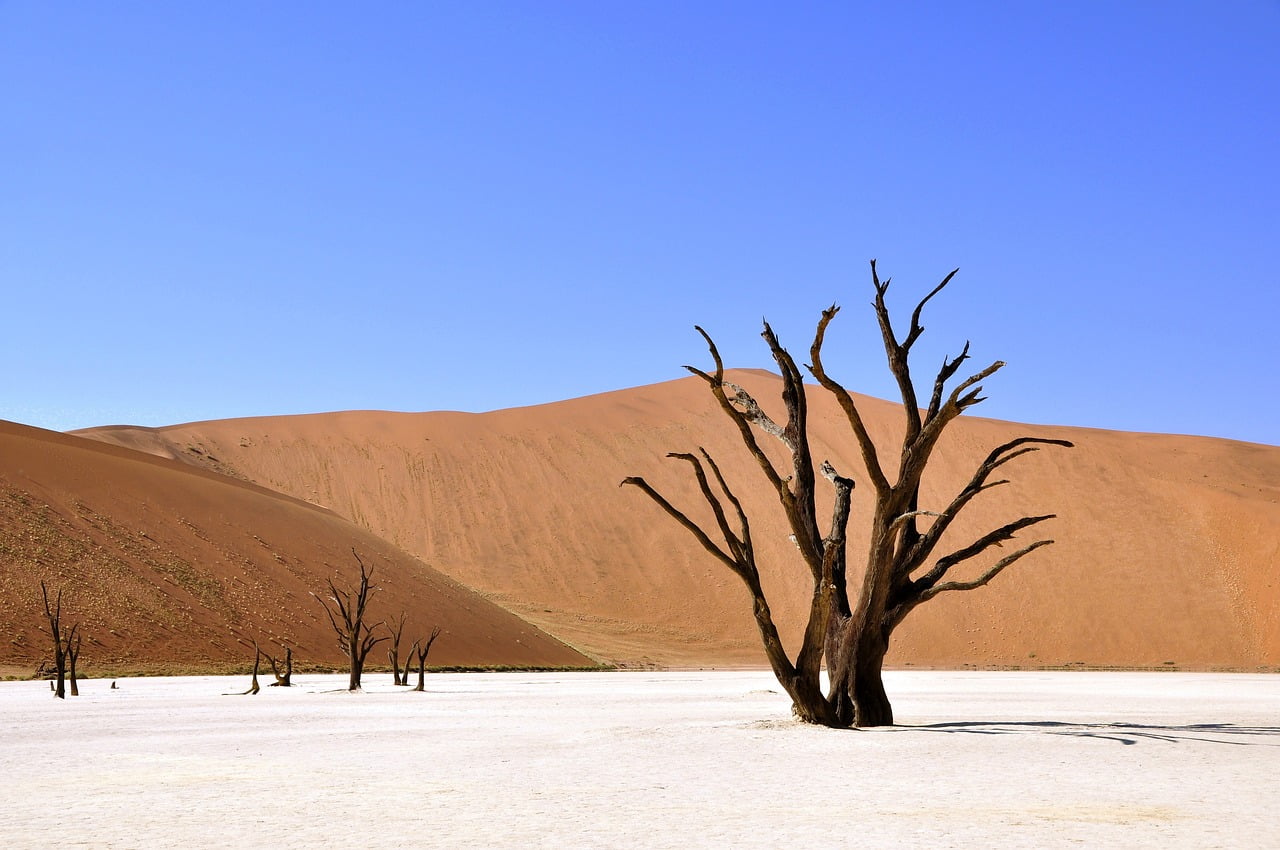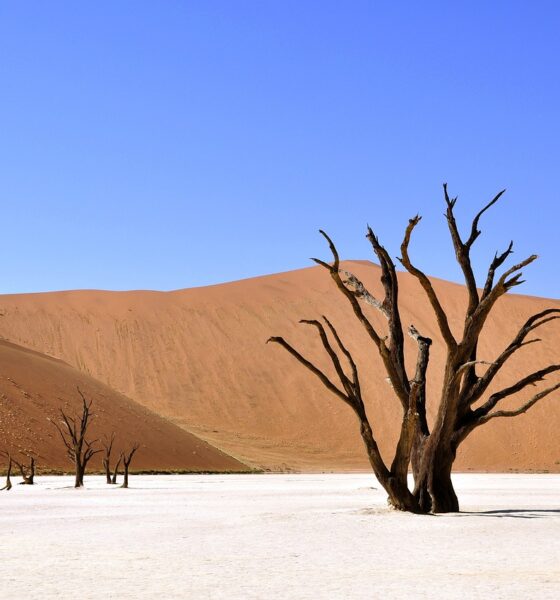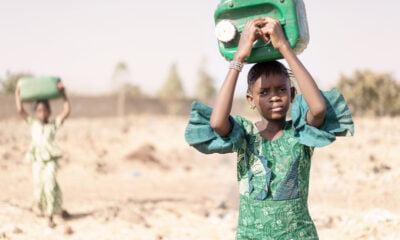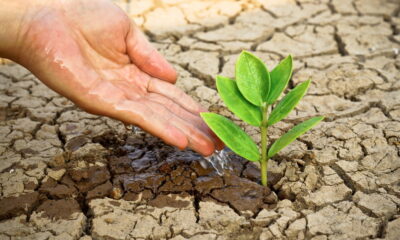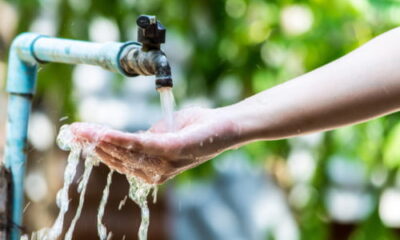Water scarcity is emerging as one of the most critical challenges facing our world today. As populations grow, industries expand, and climate change continues to disrupt natural patterns, the availability of clean and safe water is becoming increasingly strained. For environmentalists and policymakers alike, understanding the multifaceted issue of water scarcity is crucial in crafting effective solutions and securing a sustainable future. Even business leaders are looking for solutions to the water scarcity challenge.
Causes of Water Scarcity
Climate Change’s Role in Altering Water Cycles
Climate change is significantly impacting global water cycles, altering precipitation patterns, and increasing the frequency and severity of droughts. Rising temperatures lead to higher evaporation rates, reducing the amount of water available in rivers, lakes, and reservoirs. Melting glaciers, which serve as crucial freshwater sources for millions, are disappearing, further exacerbating water shortages.
Over-extraction and Misuse of Water Resources
Human activities have also played a substantial role in driving water scarcity. Over-extraction of groundwater for agriculture, industry, and domestic use is unsustainable and leads to the depletion of aquifers. Additionally, inefficient irrigation practices and the wasteful use of water in various sectors contribute to the problem. Pollution from agricultural runoff, industrial discharges, and untreated sewage further diminishes the quality of available water, making it unsafe for consumption and damaging aquatic ecosystems.
Global Impacts of Water Scarcity
Effects on Agriculture, Food Security, and Local Economies
Agriculture is one of the most water-intensive industries, and water scarcity directly threatens food production. Reduced water availability leads to crop failures, lower yields, and increased food prices. This not only affects farmers but also has broader economic repercussions, particularly in regions heavily dependent on agriculture. Food security becomes compromised, and communities face heightened risks of malnutrition and hunger.
Public Health Concerns and Access to Clean Water
Access to clean water is fundamental to public health. Water scarcity leads to inadequate sanitation, increasing the prevalence of waterborne diseases such as cholera, dysentery, and typhoid fever. In many parts of the world, people, especially women and children, spend hours each day fetching water, often from contaminated sources. This not only impacts health but also hinders education and economic opportunities.
Impact on Ecosystems and Biodiversity
Healthy ecosystems rely on adequate water supplies to thrive. Water scarcity disrupts these ecosystems, leading to the loss of biodiversity as plants and animals that depend on water become stressed or perish. Wetlands, rivers, and lakes shrink or dry up, affecting species that inhabit these areas. The ecological balance is disturbed, and the benefits that these ecosystems provide, such as water filtration, flood control, and carbon storage, are diminished.
Solutions and Innovations
Policy and Governance Interventions
Addressing water scarcity requires concerted efforts at both local and international levels. Governments need to implement policies that promote sustainable water management, including regulations to control water extraction, incentives for water-saving technologies, and strict enforcement of pollution controls. International cooperation is also essential, as water resources often span national boundaries, requiring collaborative management to ensure equitable and sustainable use.
Technological Advancements for Efficient Water Use and Management
Innovations in technology can play a significant role in solving water scarcity. Smart water tank level indicators, for instance, are revolutionising rainwater harvesting systems by providing real-time data on water levels, ensuring efficient use and preventing wastage. Other technologies, such as drip irrigation, desalination, and wastewater recycling, are helping to maximise water efficiency and create new sources of freshwater. Investment in research and development of such technologies is crucial for long-term solutions.
Community-Based Initiatives for Sustainable Water Practices
Local communities are at the forefront of water conservation efforts. Community-based initiatives that promote sustainable water practices, such as watershed management, rainwater harvesting, and education campaigns, can significantly impact water availability. Empowering communities with the knowledge and tools to manage their water resources sustainably can lead to more resilient and self-reliant societies.
Call to Action
Water scarcity is not just a distant threat; it is a pressing concern that requires immediate action. As individuals, communities, and governments, we all have a role to play in conserving this precious resource. Support water conservation efforts, advocate for sustainable practices, and adopt technologies that promote efficient water use. By working together, we can make a difference.
How You Can Make a Difference:
- Reduce water waste in your daily life by fixing leaks, using water-efficient appliances, and practising mindful water use.
- Support policies and initiatives that promote sustainable water management.
- Educate others about the importance of water conservation and the impacts of water scarcity.
- Participate in community projects focused on water conservation and management.
Conclusion
Water scarcity is a complex and multifaceted challenge, but it is not insurmountable. By understanding the causes and impacts, and by implementing innovative solutions and community-based initiatives, we can address this global issue. Let’s take collective action to secure a sustainable water future for generations to come. Together, we can ensure that every drop counts.
Ready to make a difference? Start today by supporting water conservation initiatives and adopting sustainable practices. The future of our planet depends on it.
Frequently Asked Questions
Who does water scarcity impact the most?
Water scarcity disproportionately affects those in developing countries, particularly in rural areas where infrastructure and resources for water management are limited. Vulnerable populations, including women and children, often bear the brunt of water shortages, as they are typically responsible for water collection. Additionally, small-scale farmers are severely impacted, as they rely heavily on accessible water for their livelihoods.
What is the impact of water scarcity and drought on humans?
Water scarcity and drought lead to numerous adverse effects on human health and well-being. Limited access to clean water can result in the spread of waterborne diseases, diminished sanitation, and inadequate hydration. Prolonged drought conditions can exacerbate food insecurity by affecting agricultural productivity, leading to malnutrition and economic instability. Moreover, the stress and conflict over dwindling water resources can contribute to social unrest.
What is the impact of water scarcity in developing countries?
In developing countries, water scarcity undermines economic development and exacerbates poverty. The lack of reliable water sources forces many to spend significant portions of their day collecting water, reducing time available for education and employment. Agriculture, a primary source of income in many developing regions, suffers greatly, leading to food shortages and economic hardship. In addition, inadequate access to clean water hampers efforts to improve health conditions and reinforces cycles of poverty and disease.

